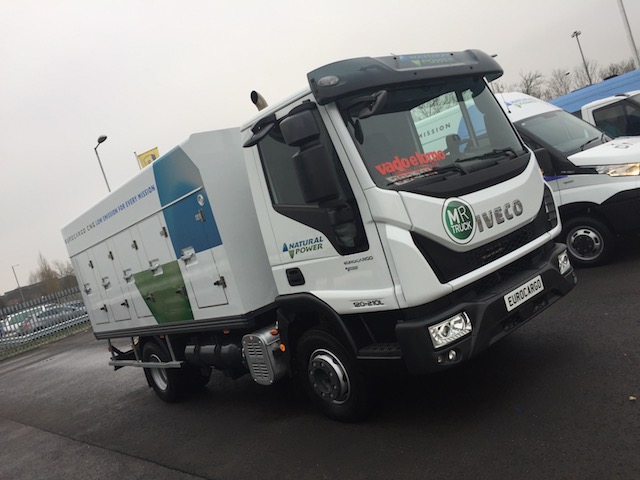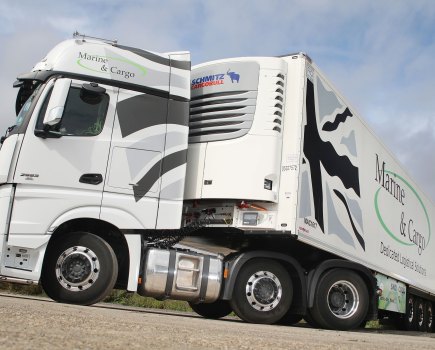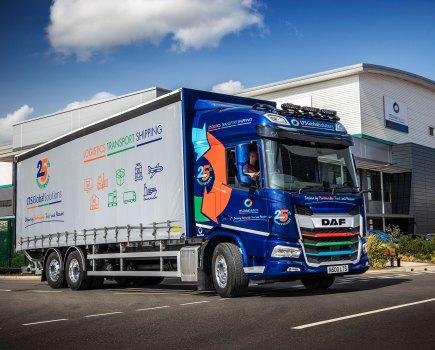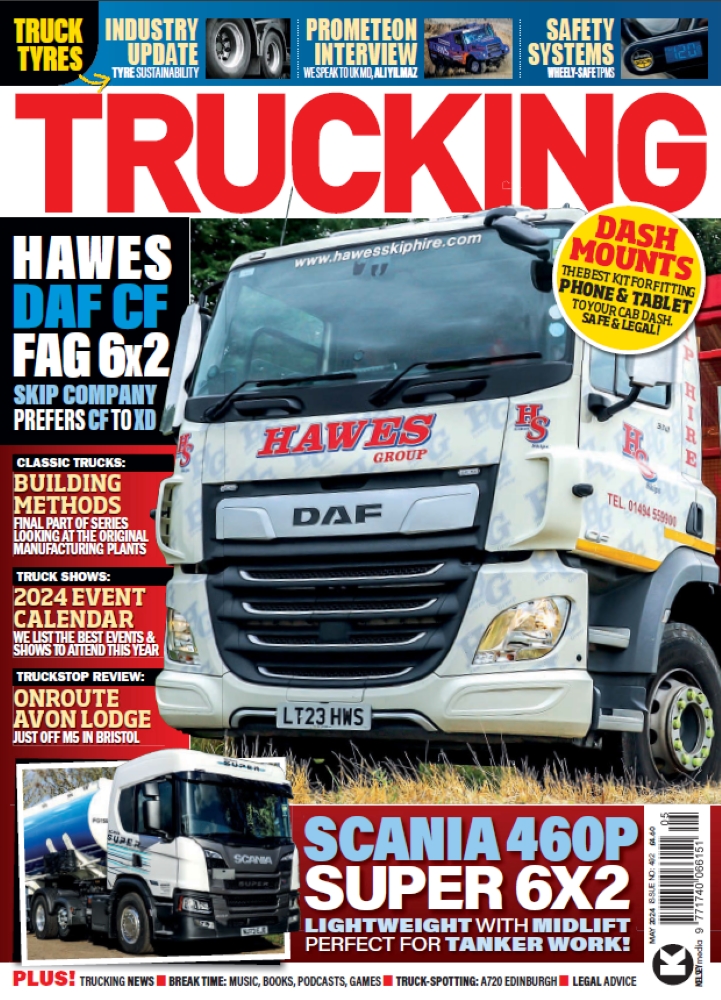
The government has unveiled a £20 million programme to cut emissions and improve air quality – part of which will be used to boost the number of trucks running on alternative fuels such as hydrogen.
The plans were launched by transport minister John Hayes at the Sustainable Road Transport Conference, held in central London in January, and will see funding given to 20 firms who set out plans for innovative ways to deploy low and zero emission vehicles.
The government said the freight industry accounts for about 30 per cent of the UK’s CO2 transport emissions, and pledged the money would help fleets get their new vehicles on the roads from mid-2017 onwards.
“Each one of these successful projects will help cut vehicle emissions, improving air quality and reducing pollution in towns and cities,” Hayes said. “This is yet another important step towards this government’s commitment to reduce carbon emissions from transport to help tackle climate change.
“We are already making headway through our investment in low emission vehicles, greener public transport and walking and cycling, as well as grants for innovative advanced biofuels projects.”
The funding is being delivered by the Office for Low Emission Vehicles (OLEV) and Innovate UK. “These 20 projects around the UK will spearhead the uptake of the next generation of innovative low emission freight and fleet vehicles,” said Innovate UK’s manufacturing and materials director, Simon Edmonds. “The impact will benefit the environment, particularly in our big cities.
“It builds on the results of previous low-carbon projects with OLEV, and the data collected from this new trial will be invaluable to future development and commercialisation of these vital technologies.”
The government said the programme will help the UK meet its CO2 reduction targets. There were over 40 applications for the competition – and the winners include a scheme to increase battery range for electric vehicles.
A partnership led by ULEMco from Liverpool will receive £1.31 million to carry out trials using hydrogen dual-fuel technology, and UPS will get £1.33 million to invest in smart charging of its electric vans which run in central London.
But Air Liquide Group receives the largest amount of funding – £2.57 million – for its project trialling biogas in 86 trucks ranging from 26 tonnes to 44 tonnes. In addition, five refrigeration units will use a prototype liquid nitrogen system.






